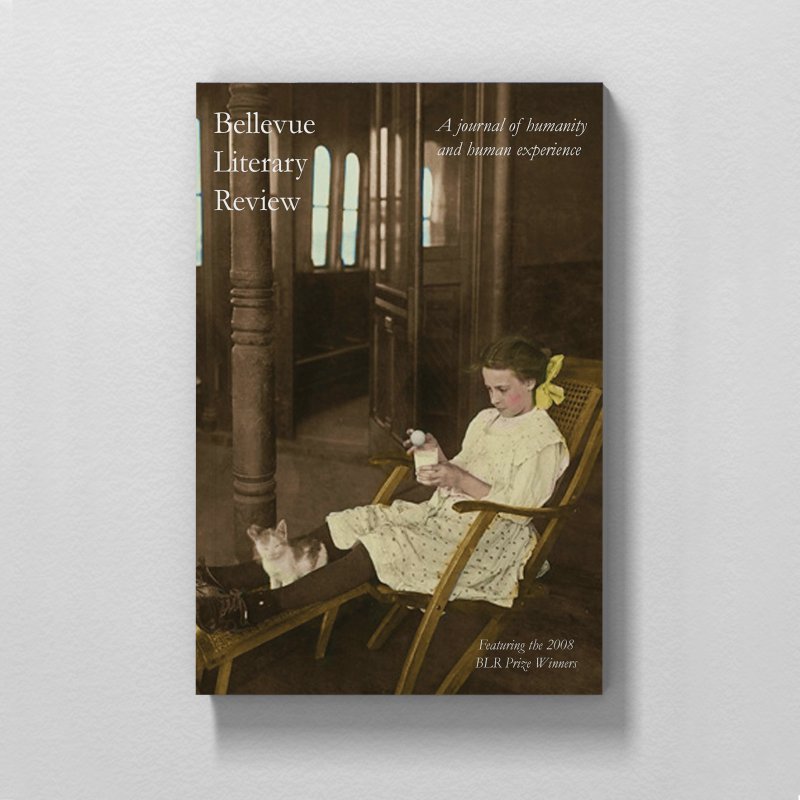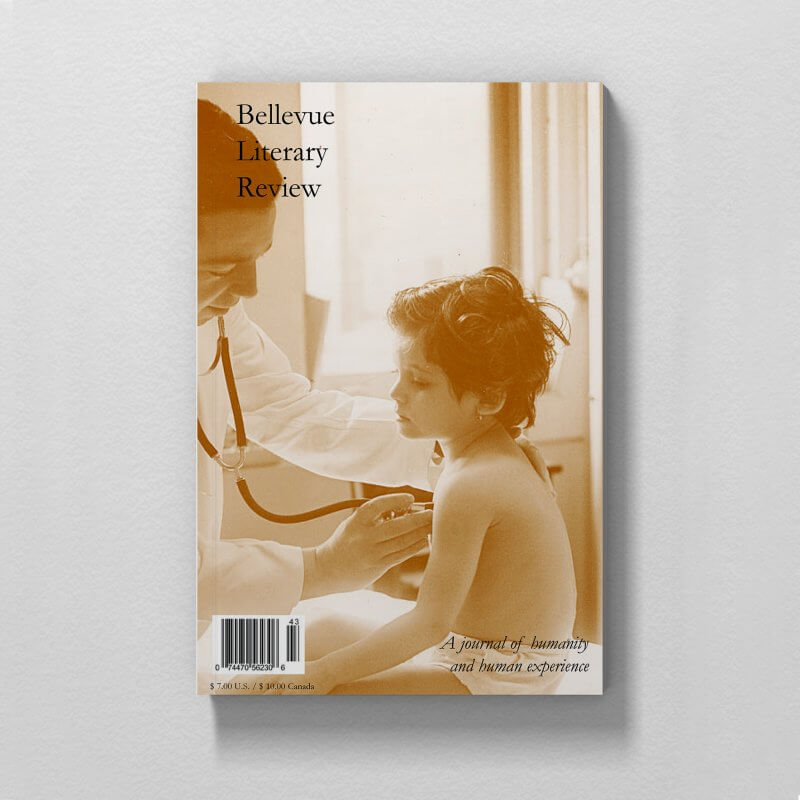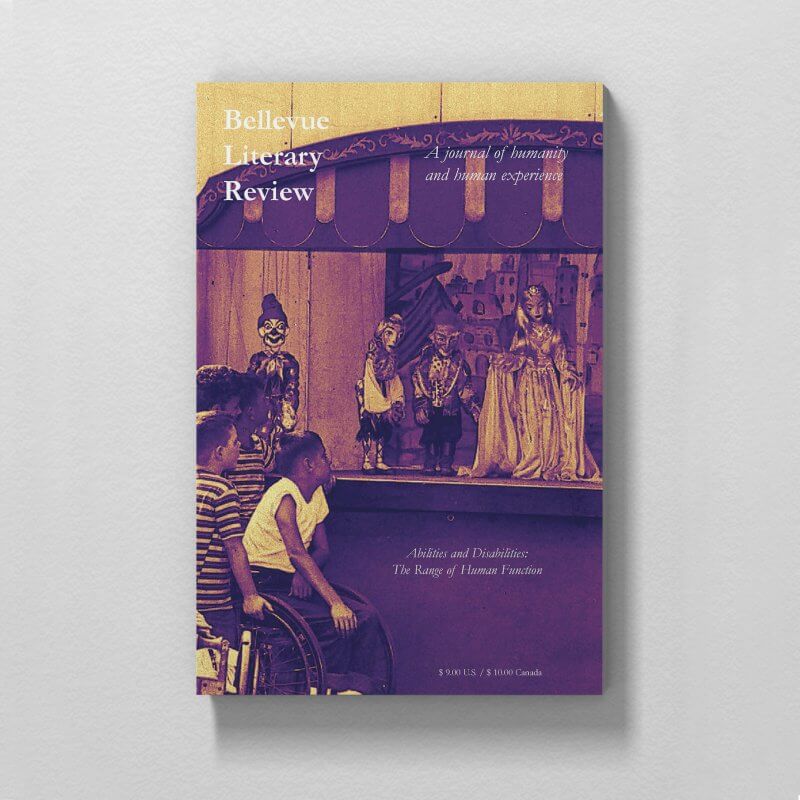Editor-in-Chief
I love perusing the “slush pile,” because you never know what might turn up. I never look at the cover letter or other reviews; I prefer to read cold. For me, it’s those first few paragraphs that make or break a piece. They either pull you right in, or they send you over to the fridge for another snack.
"A Vehicular Situation" by Maija Stromberg
Given our themes about illness and disease, we don’t often find laugh-out-loud stories in the BLR slush pile, but this was one. Humor that's not condescending to the characters is always tricky to do, but Maija Stromberg did it with panache. Here’s what one of our reviewer’s said” “ The author's protagonists are so very likeable with such loveable flaws. I laughed out loud during several of their conversations (and LeeAnn's one-liners). By the end of the story all three characters are heroes. The portrayal of Dr. Kaspar is particularly moving. The relationship between LeeAnn and Gary is superb. The specific details are charming. The whole "pain dilemma" is written so well -- hats off to this author! The twist that reveals so much about Dr. Kaspar is a complete surprise and so very moving. Brava! Reference to "vehicular situation" made me laugh at the perfect title chosen for this story. Read "A Vehicular Situation"
“The Plagiarist” by Hollis Seamon
Every so often, you stumble on a story in the slush pile that seems to have every duck in place. When I read “The Plagiarist,” I knew immediately that we had something special here. I loved the interplay of mortality and poetry--not poetry in the sappy sense, but poetry in the practical daily sense of an English professor who lives and breathes it, and also grades papers on it. The juxtaposition of the student's desire for words and the professor's desire for reassurance about health was pitch-perfect. And then, of course, there was a cameo appearance of a dog that clinched it for me. Whenever a pet is a real character in a story, I perk up. I first read this story nearly ten years ago, and can remember nearly every detail. I've used the story with my interns in the hospital, and even went to the trouble to look up every poetic reference. One of our reviewers wrote: 'expertly written, gripping, intelligent.' I couldn't agree more." Read "The Plagiarist"
"Your Quiet Affair" by Christine Caya Koryta
Given the purview of BLR it's not surprising that many of the submissions we receive are somber, poignant, heart-wrenching. Humor is a much tougher sell in the illness-and-disease department. But it is a critical element, both for leavening what could be an extremely depressing journal, but also for providing an alternative lens for examining difficult issues. When I read Christina Caya's story, "Your Quiet Affair" in the slush pile, I laughed out loud at the get-go. From two teachers fumbling around in the janitor's closet to the explosion in the Wiener World sausage packaging factory, the story takes us on a rollicking but perceptive journey about language, relationships, deafness, mumbling, and love. Read "Your Quiet Affair"
"Cousin Esther Goes to Chicago," by Cori Baill
Reading the slush for our first issue was a true clean slate: we had nothing for comparison. But “Cousin Esther Goes to Chicago” had me from hello. A housekeeper in a Baltimore hospital watches a new intern (whom she nicknames "the pup") struggle with terminally ill Esther’s inevitable “trip to Chicago.” It brought back memories of my own internship and the welter of emotions that accompanies your transition to becoming a doctor. "Cousin Esther Goes to Chicago" is a witty, warm, and wise story that helped lay a template for BLR fiction. Toward the end of the story, the narrator speculates about what euphemism for death they use in Chicago. "That kind of always makes me wonder," she muses, "if in Chicago they say someone goes to Baltimore? "






